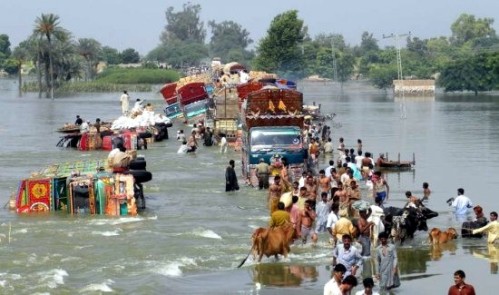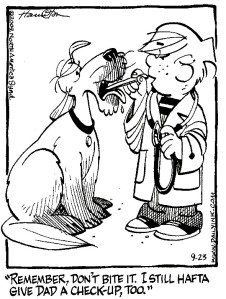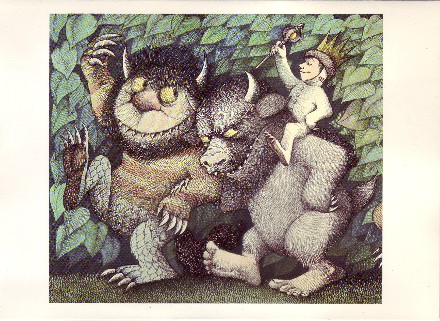
The hills across the valley of the Ebro were long and white. On this side there was no shade and no trees and the station was between two lines of rails in the sun. Close against the side of the station there was the warm shadow of the building and a curtain, made of strings of bamboo beads, hung across the open door into the bar, to keep out flies. The American and the girl with him sat at a table in the shade, outside the building. It was very hot and the express from Barcelona would come in forty minutes. It stopped at this junction for two minutes and went to Madrid.”
I have probably read Hemingway’s short story Hills Like White Elephants about twenty times, and I don’t think I’ll ever stop. Thankfully, it’s only four pages. The coffee barely cools off.
 This is another of Hemingway’s stories within a story. It begins in medias res, in the middle of things, and doesn’t really end. We never learn the names of the characters, nor where they’ve been, nor really where they’re going. They are identified only as “the American and the girl with him” (he also calls her Jig, but that doesn’t help much). These are anonymous characters, the kind we’d meet briefly if on a trip ourselves, perhaps overhearing them at a table nearby. And the male character doesn’t even appear to resemble the author, as many of Hemingway’s characters do.
This is another of Hemingway’s stories within a story. It begins in medias res, in the middle of things, and doesn’t really end. We never learn the names of the characters, nor where they’ve been, nor really where they’re going. They are identified only as “the American and the girl with him” (he also calls her Jig, but that doesn’t help much). These are anonymous characters, the kind we’d meet briefly if on a trip ourselves, perhaps overhearing them at a table nearby. And the male character doesn’t even appear to resemble the author, as many of Hemingway’s characters do.
The setting is the café of a train station along the Ebro Valley in northeastern Spain. We do know where they are headed (but not really where they’re going) because the train they await will come from Barcelona and go on to Madrid.
This story is a perfect lesson in tension—as well as conflict, a necessary ingredient—but tension even within that. Something alarming has happened before the story begins, and something explosive awaits. We never find out what—but we can surmise from the little we are told that the girl has discovered that she is pregnant, and the American wants to solve that.
The dialogue too gives a perfect lesson in the power of the simple pen. Hemingway leaves out more than he includes, and this adds unexploded dynamite to the story. The American wants to talk about terminating the problem; the girl does not. He wants them to be happy again, he says. She changes the subject; he presses her toward a solution. She tells him “please” to stop talking. He backtracks: he doesn’t want her to go through with the operation if she feels that way—he says.
“I’ll scream,” she says.
They drink cool beers in the summer heat and try new drinks, waiting in a stalemate for the train.
What will happen? What should happen? Will they both board the train? If so, will they part company in Madrid? Will she maneuver to get him on the train and then disappear as it leaves the station (my preferred scenario)? Whatever happens, this couple is poison together.
‘What should we drink?’ the girl asked. She had taken off her hat and put it on the table.
‘It’s pretty hot,’ the man said.
‘Let’s drink beer.’
‘Dos cervezas,’ the man said into the curtain.
‘Big ones?’ a woman asked from the doorway.
‘Yes. Two big ones.’
The woman brought two glasses of beer and two felt pads. She put the felt pads and the beer glass on the table and looked at the man and the girl. The girl was looking off at the line of hills. They were white in the sun and the country was brown and dry.
‘They look like white elephants,’ she said.
‘I’ve never seen one,’ the man drank his beer.
‘No, you wouldn’t have.’
‘I might have,’ the man said. ‘Just because you say I wouldn’t have doesn’t prove anything.’”
I’ll leave it here at the beginning—the beginning  of the end for this couple—a snapshot within a snapshot within a larger story that we’ll never know. Find it in your local library, or google it on the web. The closing line, however, sets up the two for a dysfunctional future, if they even make it out of the station:
of the end for this couple—a snapshot within a snapshot within a larger story that we’ll never know. Find it in your local library, or google it on the web. The closing line, however, sets up the two for a dysfunctional future, if they even make it out of the station:
“‘I feel fine,’ she said. ‘There’s nothing wrong with me. I feel fine.’”
May you live happily ever after and may we all learn to write this well even if we can’t stand the subject. In my next Hemingway installment I’ll post a scene from the end of a different relationship, unrelated and also leaving much to the imagination.
Read Full Post »










